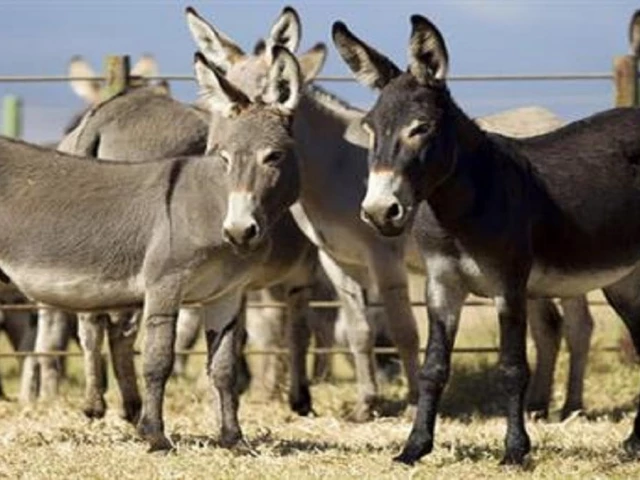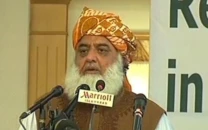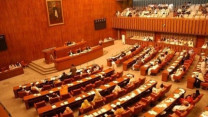Donkey slaughtering project sparks controversy
Without breeding farms, donkey slaughter threatens to shrink population of essential working animals in the country

As a nation, we often show little regard for the rights of animals, with the mistreatment of working animals—particularly donkeys—ranking high on the list. Now, it appears that in a couple of years, donkeys, like dinosaurs, will become fictional animals from books thanks to the government's haphazard decision to initiate commercial donkey slaughtering in the absence of any breeding farms.
Reportedly, the slaughterhouse in Gwadar is preparing to export donkey bones and hides to China, where they are used to produce gelatin for traditional medicine. This, however, won't stop at Gwadar since applications have already been received from other companies looking to establish slaughterhouses across the country. Animal rights activists, however, argue that with the donkey population already dangerously low and no breeding farms available, slaughtering the working animals will only exacerbate the decline in their population.
Speaking to The Express Tribune, Dr Javed Gondal, CEO of Brooke Pakistan, an international organization working for the welfare of working animals, claimed that the slaughterhouse established in Gwadar will have the capacity to annually process and slaughter 216,000 donkeys, who will be transported from different parts of the country to the slaughterhouse before they are exported to China.
“High exports of donkeys may lead to their shortage in Pakistan, where the birth rate of donkeys is lower than that of other animals. Some African countries have banned the exports of donkeys after a decline in their population,” said Dr Gondal.
Likewise, Altamash Saeed, an environmental and animal rights consultant, expressed his fears that in the aftermath of the project, donkeys will be transported from different parts of the country to Gwadar through inappropriate ways.
“Apart from this, donkeys are the source of livelihood for thousands of families across the country. They are being used for freight, garbage collection, agriculture, industry and mining. Hence, slaughtering donkeys will increase poverty. Moreover, slaughtering donkeys is forbidden on the grounds that Article 2A of the Constitution states that no action can be taken against the fundamental principles of Islam in Pakistan,” highlighted Saeed, who believed that slaughtering donkeys was not only against the Constitution but was also religiously inappropriate.
According to the Donkey Sanctuary, a welfare organization working for the protection of donkeys, the African Union has banned the slaughtering of donkeys for skin trade on the grounds that the practice could eventually lead donkeys towards becoming an endangered species just like the rhinos and elephants.
Responding to the concerns, Former Animal Husbandry Commissioner Dr Muhammad Akram, who is monitoring this project at the official level, informed that the country was home to 5.2 million donkeys, whose body parts, including the skin were used in the manufacture of cosmetics and other products.
“The main reason behind the decline in the number of donkeys is that their use has decreased. Due to this, donkey farming has never been pursued like other livestock. The company working on the donkey slaughtering project has been required to first work on donkey farming and then start slaughtering. They will be required to farm the same number of donkeys they will slaughter annually. Discussions are currently underway with five companies on donkey farming. These companies want to build slaughterhouses in different parts of the country,” said Dr Akram.




















COMMENTS
Comments are moderated and generally will be posted if they are on-topic and not abusive.
For more information, please see our Comments FAQ